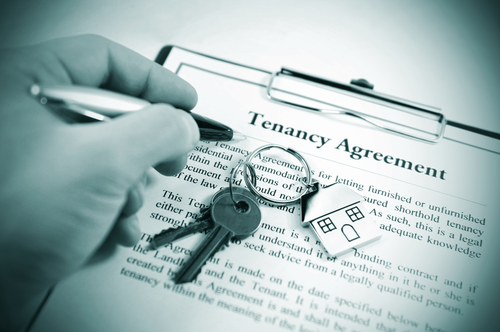HOMENEWS & INSIGHTS
Recovery of rent arrears for commercial premises during Covid-19
During Covid-19, most commercial landlords understand the predicament tenants find themselves in with paying rent and are reluctant to take court action against them, particularly if the tenant regularly communicates and is doing their best to comply with their obligations.
As one commercial landlord recently said, ‘We were in different boats in the same rough sea.’
Occasionally however, tenants refuse to communicate, or may in reality be able to pay their rent, providing rationale for their landlord to exert pressure by taking court proceedings.
Below we have set out the current legal options that a commercial landlord can implement, although it should be noted that this is a changing situation.
Forfeiture of the lease
For most leases the Coronavirus Act 2020 prevents the landlord bringing the lease to an end by way of forfeiture for non-payment of rent until after the 30th June 2020. The Government may extend this period.
Sue for it
It is important to note that rent is not suspended and landlords can still charge interest and obtain a County Court judgment for the arrears against the tenant and any guarantor.
Rent Deposit
Landlords retain any right to deduct arrears from a rent deposit and to require the tenant to make up the shortfall.
Seizure of goods
Under the regulations for Commercial Rent Arrears Recovery (CRAR), in certain situations and following strict procedures, landlords can seize goods in the premises in order to secure the payment of the rent and to sell the goods if necessary. From 25th April to 30 June 2020 (although this period may be extended) the minimum net unpaid rent that must be outstanding before this remedy is used is increased to an amount equivalent to 90 days rent. In any event, during the lockdown, there are practical problems in using this remedy.
Winding up tenant
This is not recommended as the Corporate Insolvency and Governance Bill (20 May 2020) is expected to be passed imminently, banning this retrospectively from 27 April 2020 until 30 June 2020 (or one month after the coming into force of the legislation, whichever is the later) unless the creditor has reasonable grounds for believing that (a) coronavirus has not had a financial effect on the debtor, or (b) the debtor would have been unable to pay its debts even if coronavirus had not had a financial effect on the debtor.
Even at the best of times, winding up the tenant is unlikely to be in the interests of the landlord even after the prohibition has ended. It may be appropriate if the tenant seems to be wilfully difficult.
Compromise
In most situations it is clearly sensible for both the landlord and tenant to enter into a constructive dialogue and to agree a compromise which takes into account the circumstances of the tenant. This could be a reduction and/or a suspension of rent for a limited period. It is usually best for this to be implemented through a “side letter” which needs to be very carefully drafted in order to avoid uncertainty and disputes in the future. For assistance in drafting side letters or for advice please contact m.timberlake@laceyssolicitors.co.uk
Share article
Our offices
Contact Us
5 Poole Road
Bournemouth
Dorset
BH2 5QL
Tel 01202 377800
9 Poole Road
Bournemouth
Dorset
BH2 5QR
01202 377800


